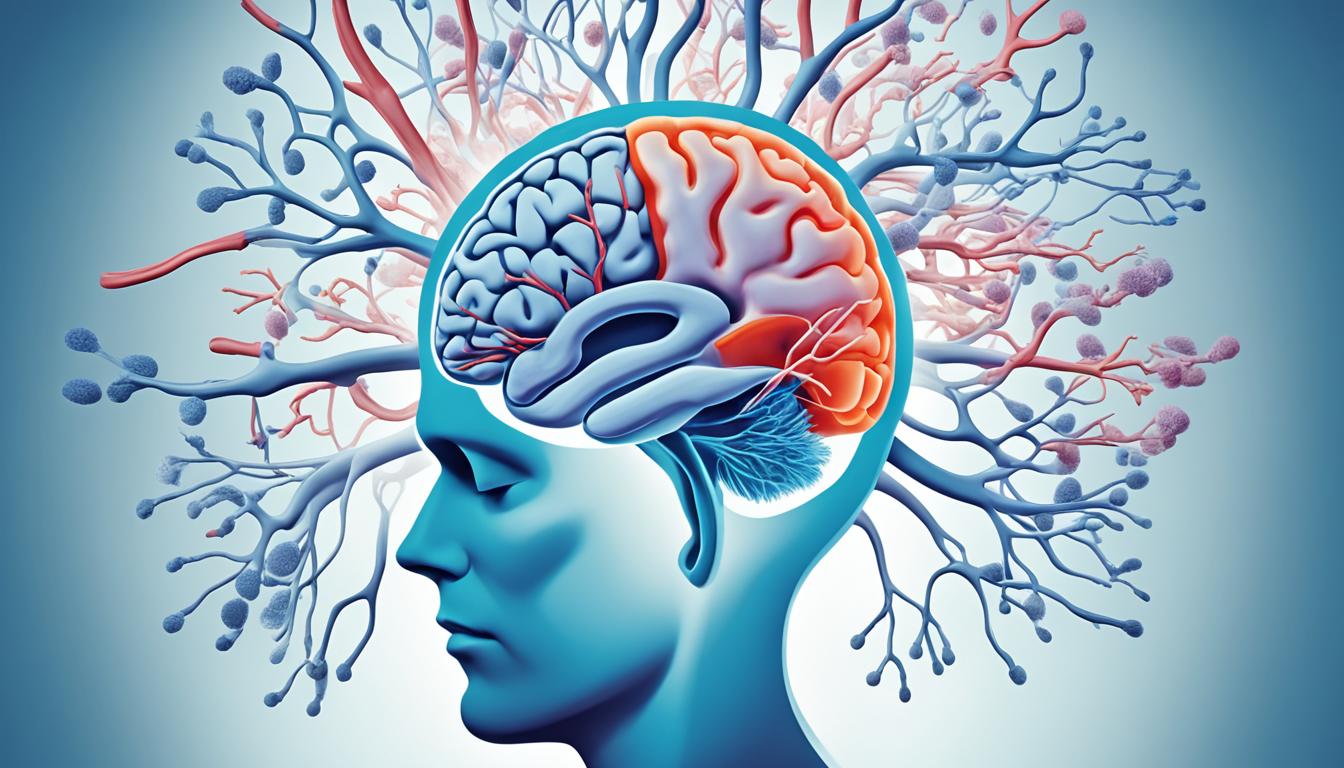Central sleep apnea (CSA) is a type of sleep apnea that causes your body to stop breathing while you sleep. The brain doesn’t send the right signals to breathe deeply during sleep in this condition. This is different from obstructive sleep apnea, which is due to physical blockages.
CSA is usually linked to severe health issues that impact the lower part of the brainstem. This can cause serious health problems. The symptoms include not breathing for short times, feeling very tired during the day, waking often at night, headaches in the morning, and having trouble focusing or remembering things.
There are different forms of CSA. Some are linked to health conditions like heart failure, Parkinson’s, stroke, and kidney problems. Diagnosis involves checking your body, asking about your health history, and doing a sleep test called a polysomnogram.
Treating CSA depends on what’s causing it. Options may include changing your lifestyle, taking medicines, using a CPAP machine, or even having a device surgically placed to help you breathe better during sleep.
Key Takeaways:
- Central sleep apnea causes you to stop breathing during sleep because the brain forgets to send breathing signals.
- It’s different from obstructive sleep apnea, which happens when the airway is blocked.
- Symptoms of CSA are not breathing for a bit, feeling very tired during the day, waking up a lot at night, morning headaches, trouble focusing or remembering things, and finding it hard to control your mood.
- Diagnosing CSA means the doctor will check you, ask about your health past, and might do a special sleep test called a polysomnogram.
- Treatment for CSA might involve changing how you live, taking medicine, using a machine to help you breathe while sleeping, or having a small device put into your body to improve your breathing at night.
Understanding Central Sleep Apnea
Central sleep apnea (CSA) is different from obstructive sleep apnea. In obstructive sleep apnea, the airway gets blocked physically. Central sleep apnea, on the other hand, happens when the brain doesn’t signal the breathing muscles. This causes breathing pauses during sleep.
Many things can cause central sleep apnea. These include certain serious illnesses, opioid medications, and being at high altitudes. It’s also linked to therapies for obstructive sleep apnea and conditions like heart failure, Parkinson’s, stroke, and kidney diseases. This type of sleep apnea is more likely in older people, especially those over 65. Men face a higher risk than women.
To catch central sleep apnea early, it’s important to know the signs. Look out for moments where breathing stops, feeling very tired during the day, and waking up often at night. You might also get morning headaches or have trouble with memory, concentration, and mood. Sometimes, you might feel short of breath.
A diagnosis for central sleep apnea needs a comprehensive approach. It starts with a physical exam and looking at your medical history. You’ll also need a sleep study called a polysomnogram. Treatment can vary and might include changing certain habits, using medicine, or relying on devices like CPAP machines.
| Symptoms of Central Sleep Apnea | Causes of Central Sleep Apnea |
|---|---|
|
|
Stem Cell Therapy for Central Sleep Apnea
Using stem cell therapy for central sleep apnea is a hot topic right now. Scientists are looking into how adult stem cells can help repair tissue and tweak the immune system. This includes cells like mesenchymal stem cells (MSCs), very small embryonic-like stem cells (VSELs), and endothelial progenitor cells (EPCs).
Central sleep apnea is a common issue where breathing pauses during sleep because the brain doesn’t tell the breathing muscles to work. This can cause a drop in oxygen levels, harder breathing, and sleep that keeps getting interrupted. Problems like swelling, too much stress on the body, and a bad working heart lining impact this condition. Bone marrow-based stem cells seem useful in reducing these harmful signals.
Initial research shows promise in how EPCs, VSELs, and MSCs might help the body’s reaction to swelling and heart lining issues in central sleep apnea. But, we need more in-depth studies to really understand how stem cell therapy could help over time. More work in this area could lead to new treatments giving those with central sleep apnea new hope.

